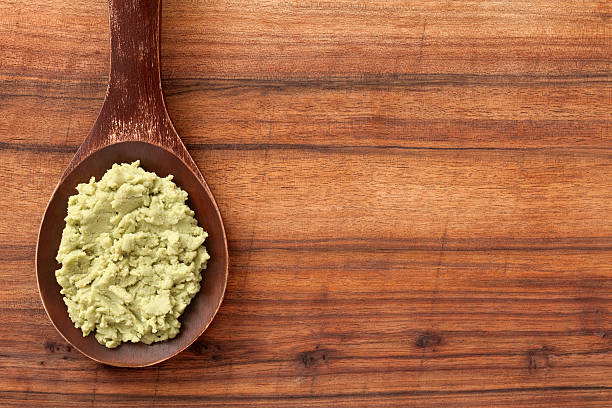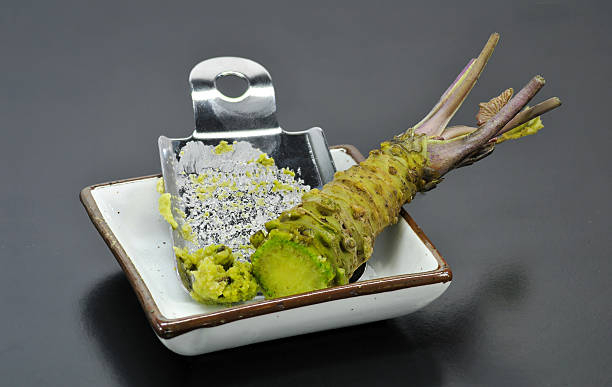May have anticancer properties

Wasabi's naturally occurring ITCs have been investigated for their potential to fight cancer. According to one study, ITCs derived from wasabi root significantly reduced the production of acrylamide during the Maillard reaction, a heat-induced chemical reaction between proteins and sugar. When foods are cooked at high temperatures, such as when frying or grilling, a chemical called acrylamide can develop, especially in coffee, potato chips, and French fries. There is conflicting evidence linking dietary acrylamide intake to some malignancies, including ovarian, endometrial, and kidney cancers.
Additionally, research conducted in test tubes suggests that ITCs and related substances extracted from wasabi either kill or inhibit the growth of human colorectal, oral, pancreatic, and breast cancer cells. Although encouraging, it's not obvious whether these findings hold true for people. However, some observational studies have found that eating more cruciferous vegetables, like wasabi, may lower your chance of developing many cancers, including bladder, breast, prostate, and lung cancer. Arugula, broccoli, Brussels sprouts, cauliflower, kale, and rutabaga are some further cruciferous vegetables.







